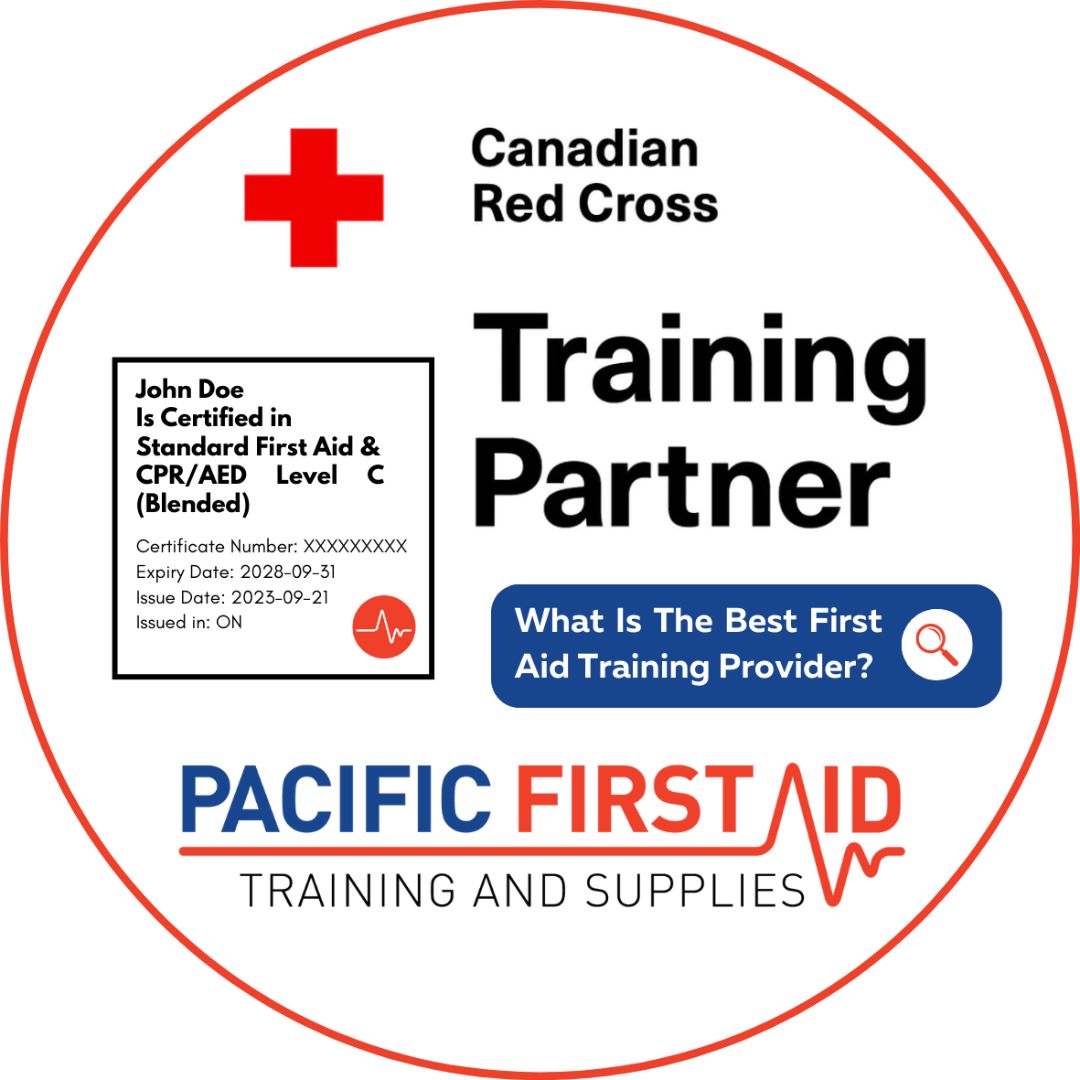
Why Is Cyber Safety Important?
Photo Credit: Thomas Park
Nowadays, it’s almost impossible to meet someone who doesn’t own some sort of Smartphone. Kids especially are starting to get cell phones at a younger age compared to previous generations. Keeping yourself and your kids safe online is becoming a bigger conversation as more and more people start using the internet. At Pacific First Aid, we offer a cyber safety course for kids, youth and guardians. This class teaches you and your children about internet usage, protection sites and the importance of passwords.
The internet is a wonderful place that gives its users the opportunity to learn new skills, chat with their friends online, shop and play games. Although these are all positive aspects of an online presence, there are some negatives that come with it. Because kids and teens are now more connected than ever, there’s a bigger chance for cyber bullying. Approximately 37% of young people between the ages of 12-17 have been bullied online more than once. This includes having their photos manipulated and created into new accounts, classmates sending hurtful messages and comments and can go as far as death threats. There’s been a rise in anxiety and depression since smartphones became more common which is why cyber safety can be linked with understanding mental health first aid.
Another thing to be aware of is internet and screen addiction among young people. Technology and handheld devices are so ingrained in our everyday processes that it’s become addictive and obsessive to check our phones for updates. According to a recent survey conducted by the Centre for Addiction and Mental Health,
“86% of students in Ontario visit social media sites daily and about 16% spend five hours a day or more on social media.”
It’s important for parents to be aware of how many hours their kids spend on their devices and set limits accordingly.
In addition, it’s important to note which websites your kids are visiting. Some websites including chat rooms, computer games and some social networking sites can damage your computers with spyware (malware) and steal sensitive data and internet usage data. Another thing to avoid is spammy pop-up messages. Clicking these can allow harmful softwares to wreck your devices.
As a mobile device user, no matter your age, it’s important to be aware of cyber issues that can arise from overuse. Understanding that cyber safety can be linked to mental health issues later on is key. Setting boundaries for yourself and knowing when to shut your device down for the day allows you to stay in control. More and more mental health first aid training courses are starting to include sections on cyber safety. A few tricks you can implement right away include keeping your desktop in a common area, installing antivirus software, using kid-friendly search engines and having parental controls (alternative passwords, website restrictions and time limits). At Pacific First Aid, we understand that there are risks associated with our smartphones and we provide a course that teaches both parents and youth how to navigate the internet in healthy and positive ways.
For more cyber safety, youth first aid, mental health first aid training, first aid training and first aid courses visit us at: Pacificfirstaid.ca






